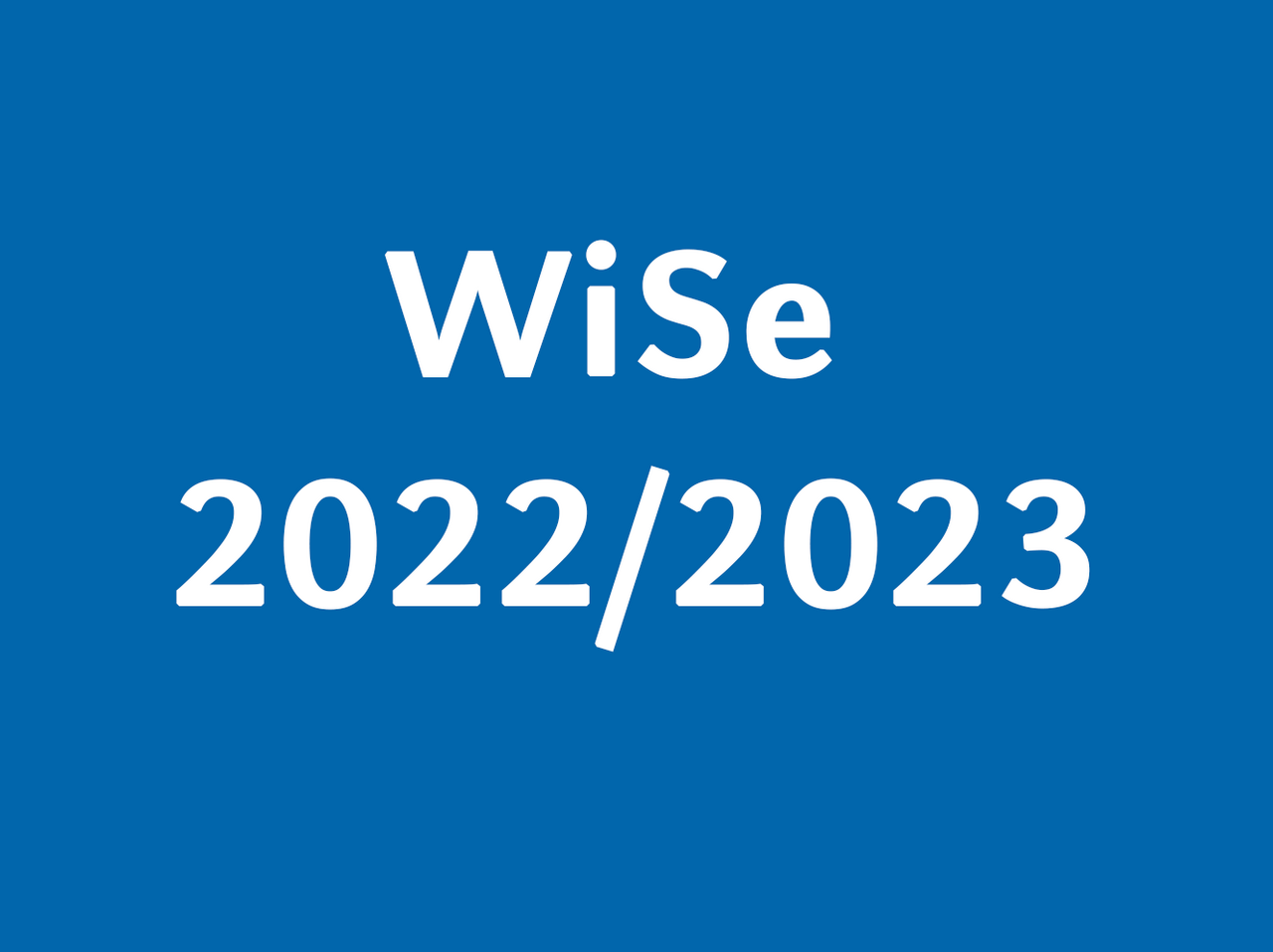Here you will be able to find the blogposts from the Wintersemester 2022/2023.
Discussion on Genomethics
Should interventions in the human genome be allowed? The two Nobel Prize winners Jennifer Doudna and Emmanuelle Charpentier, who are credited with the discovery of the CRISPR/Cas9 gene scissors, agree that this question should not be answered by scientists. In addition to a large part of the international research community, various statements, such as that of the German Ethics Council, repeatedly emphasise the central role of a broad social consensus regarding this issue. The need for a social discourse arises from the fact that the consequences of such interventions do not only affect the individual whose genome has been altered, but are also passed on by that individual. Many see this as an intervention in the nature of the human being and point out that the human genome is particularly worthy of protection. But how should such a public discourse be structured? For example, as a "21st Century Town Meeting", "Deliberative Polling" or consensus conference. Who is allowed to participate in such a discourse (representing the interests of the research community, economic and political authorities, patients, the various moral positions)? What requirements in terms of expertise should the representatives of interest groups fulfil?
The aim of this course is to contribute to such a well-informed public discourse.



